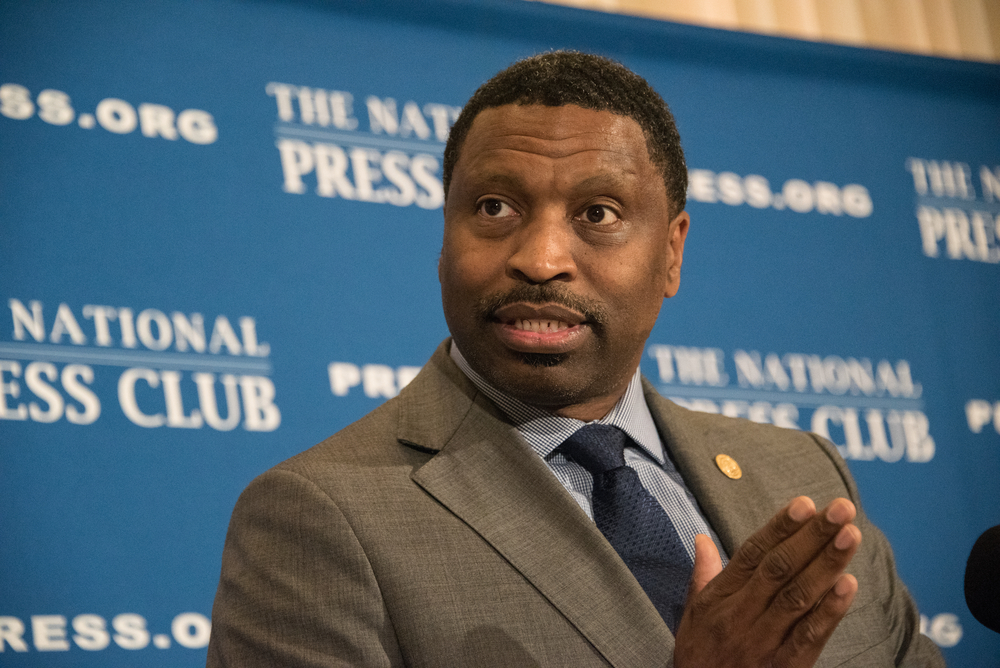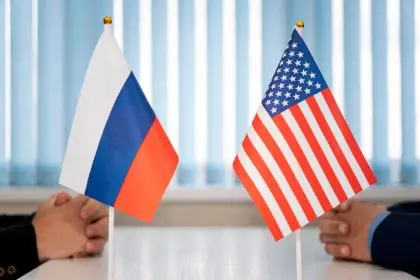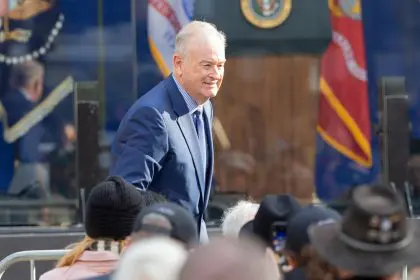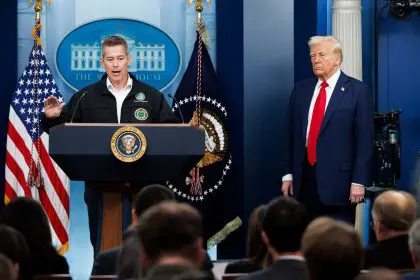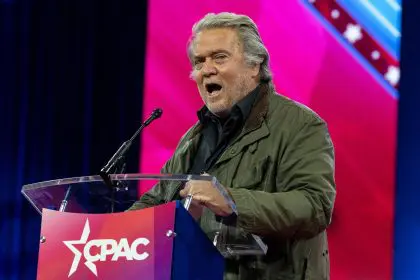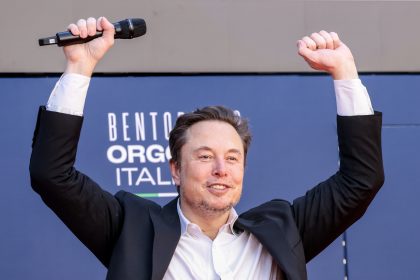Civil rights organization breaks 116-year tradition amid constitutional concerns
The NAACP has delivered what may be its most pointed rebuke of a sitting president in over a century, announcing it will not extend an invitation to Donald Trump for its upcoming national convention. The decision shatters a 116-year tradition and marks the first time in the organization’s storied history that a president has been deliberately excluded from the gathering.
This unprecedented move comes as the nation’s oldest civil rights organization grapples with what it perceives as an existential threat to the very principles it was founded to protect. The organization’s leadership has made clear that this isn’t political theater—it’s a calculated response to what they view as a systematic assault on civil rights and constitutional norms.
The breaking point
NAACP President Derrick Johnson didn’t mince words when explaining the organization’s rationale. The decision stems from deep concerns about the current administration’s approach to civil rights, with Johnson characterizing the president’s agenda as fundamentally opposed to the NAACP’s mission of advancing equality and justice.
The organization’s leadership has grown increasingly alarmed by what they describe as authoritarian tendencies within the current administration. Johnson specifically cited concerns about the president’s adherence to what he called a fascist playbook, suggesting that the administration’s policies and rhetoric pose a direct threat to marginalized communities across America.
This dramatic departure from tradition reflects the NAACP’s assessment that normal diplomatic courtesies are no longer appropriate given the stakes involved. The organization has concluded that providing a platform to Trump would compromise its core mission and send the wrong message to its membership and the broader civil rights community.
White House pushback and supporter outrage
The administration’s response was swift and predictably combative. White House spokesperson Harrison Fields dismissed the NAACP’s concerns, framing the decision as divisive and counterproductive. The administration attempted to position itself as focused on unity and economic progress, while characterizing the NAACP’s stance as obstructionist.
Trump’s base has responded with characteristic fury to the snub. Social media erupted with criticism of the NAACP, with some supporters going so far as to label the century-old civil rights organization as communist—a charge that reveals either profound ignorance of the group’s history or deliberate bad-faith messaging.
The intensity of the backlash from Trump supporters has only reinforced the NAACP’s conviction that it made the right call. The organization’s leadership views the angry response as validation of their concerns about the current political climate and the threats facing civil rights advocates.
A tale of two audiences
The controversy highlights a fascinating paradox in contemporary American politics. While the NAACP and other established civil rights organizations maintain their opposition to Trump, polling data suggests he has made unexpected inroads with some Black voters.
Recent surveys indicate that Trump secured approximately 20 percent of the Black vote in 2024, representing the highest percentage for a Republican presidential candidate since Gerald Ford in 1976. This support appears particularly concentrated among younger Black men, especially those under 45, who have shown surprising receptivity to Trump’s messaging.
However, this statistical anomaly doesn’t extend to the institutional civil rights establishment. Organizations like the NAACP, which have spent decades building coalitions and fighting systemic discrimination, remain steadfastly opposed to Trump’s agenda. The disconnect between grassroots polling and institutional opposition reflects the complex dynamics of contemporary Black political thought.
Legal battlegrounds
The NAACP‘s decision comes amid ongoing legal warfare between the organization and the Trump administration. The civil rights group has filed multiple lawsuits challenging various administration policies, from attempts to dismantle the Department of Education to threats against diversity and inclusion programs in schools.
These legal battles represent more than policy disagreements—they reflect fundamental differences about the role of government in protecting civil rights. The NAACP views the administration’s actions as part of a broader effort to roll back decades of progress on racial equality and social justice.
The organization has positioned itself as a crucial bulwark against what it sees as authoritarian overreach. By refusing to normalize Trump’s presence at their convention, the NAACP is drawing a clear line between acceptable political discourse and what it considers dangerous extremism.
Historical context and future implications
The NAACP convention has long served as a challenging venue for Republican politicians seeking to address concerns about their party’s relationship with Black voters. Previous GOP presidents, including Ronald Reagan and George W. Bush, used the platform to defend their records and attempt to build bridges with skeptical audiences.
Trump’s relationship with the organization was strained even before his current term. During his previous presidency, he declined multiple invitations to address the convention, including skipping the 2020 gathering entirely. His last significant appearance before a predominantly Black audience in August 2024 was marked by controversial comments that generated widespread criticism.
The NAACP’s decision reflects broader concerns within the civil rights community about the normalization of extremist rhetoric and policies. By breaking with tradition, the organization is signaling that some behaviors and positions are beyond the pale of acceptable democratic discourse.
This historic snub may well define the NAACP’s legacy for generations to come, establishing it as an organization willing to sacrifice diplomatic niceties in defense of its core principles and the communities it serves.

